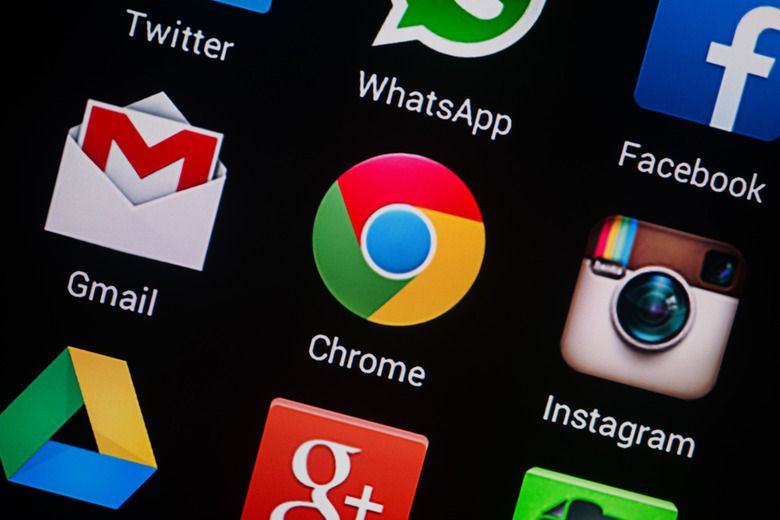Google Is Finally Fixing The Worst Thing About Chrome
- Google Chrome will implement new rules meant to prevent ads from consuming resources excessively.
- The browser will soon block ads from hogging CPU and network bandwidth to save battery life and data consumption.
- Google Chrome has been criticized for years for its battery drain problem on laptops.
- Visit BGR's homepage for more stories.
Google Chrome is one of the most popular internet browsers out there, and it certainly deserves its crown. It works on all desktop and mobile platforms, as Google spent years improving its gateway to the internet. The browser does have a significant flaw, however, one that Google is finally ready to fix. Google Chrome is a serious resource hog, having a considerable impact on battery life on laptops. Forget about what the manufacturer tells you to expect. Run Chrome with a bunch of tabs open, and you'll find yourself going for the charger faster than you'd have imagined. However, Google is now taking steps to address the issue. And, unsurprisingly, it's about ads.
I said more than once that I'd ditch Chrome and never look back, but I almost always had to look back and give it another chance. Safari might be a much better choice on Mac, but it's just not Chrome when it comes to my workflow, and I suspect I might not be the only person in this position.
The company on Thursday announced that it's going to protect "against resource-heavy ads in Chrome soon. But it made it sound as if this is a new issue that came up recently — emphasis ours:
Chrome is developed to be fast and responsive without harmful or annoying experiences. Recently, following the Better Ads Standards, we have taken steps to address ads that most people find unacceptable. Prior to that, we also launched a set of protections against abusive experiences in Chrome.
We have recently discovered that a fraction of a percent of ads consume a disproportionate share of device resources, such as battery and network data, without the user knowing about it. These ads (such as those that mine cryptocurrency, are poorly programmed, or are unoptimized for network usage) can drain battery life, saturate already strained networks, and cost money.
What does "recently" mean, we have no idea. Was it doing the novel coronavirus pandemic? Have Googlers working from home realized just how much of a problem it is? Or was it a few years ago, which still qualifies as recently?
People have been complaining about Chrome for years to the point where tutorials on how to prevent Chrome from draining your battery life popped up online with some regularity. And Google attempted to fix the battery problem in the past as well.
What's great about Google's new announcement is that the company wants to fix things, at least officially. The company wants to save the "user's batteries and data plans, and provide them with a good experience on the web" going forward. It'll do so by limiting the resources a display ad can use before a user interacts with it. If the ad breaks those new rules, it'll crash. Google offers an example for Chrome for Android, but the feature will hopefully work on desktop as well:

Google Chrome will block ads resource-intensive ads.
Google says it's targeting the "most egregious ads" that use more CPU and network bandwidth than 99.9% of all detected ads for that resource:
Chrome is setting the thresholds to 4MB of network data or 15 seconds of CPU usage in any 30 second period, or 60 seconds of total CPU usage. While only 0.3% of ads exceed this threshold today, they account for 27% of network data used by ads and 28% of all ad CPU usage.
Google will test the feature in the coming months, and bring it to the stable version of Chrome in August. Hopefully, it'll all work out as planned.
